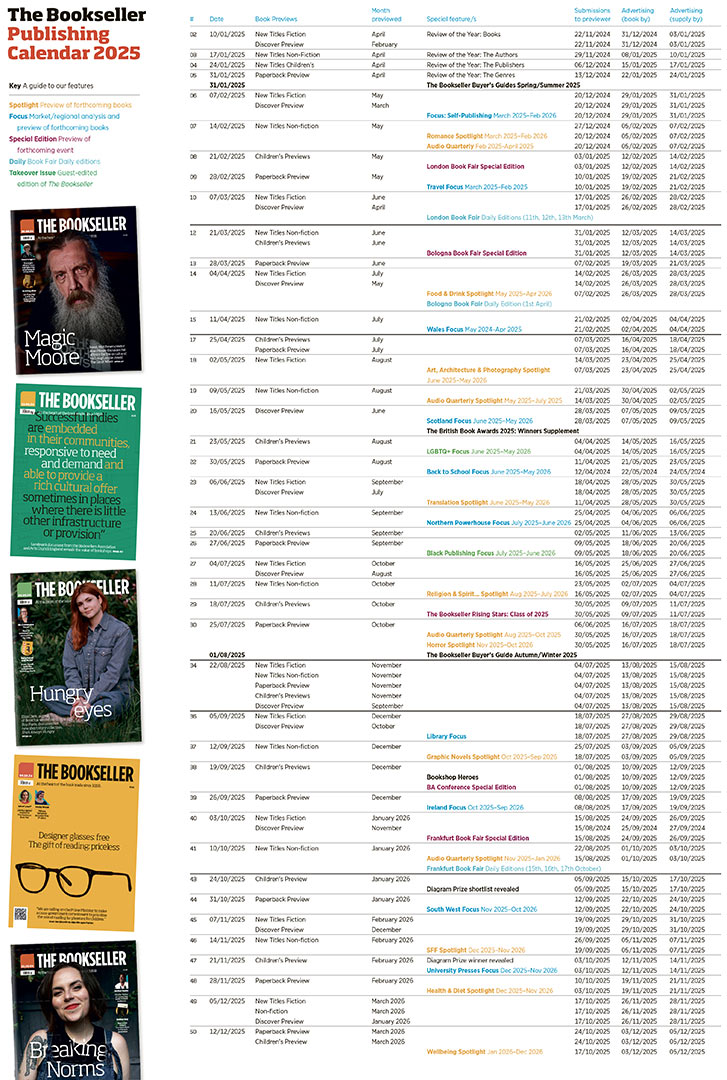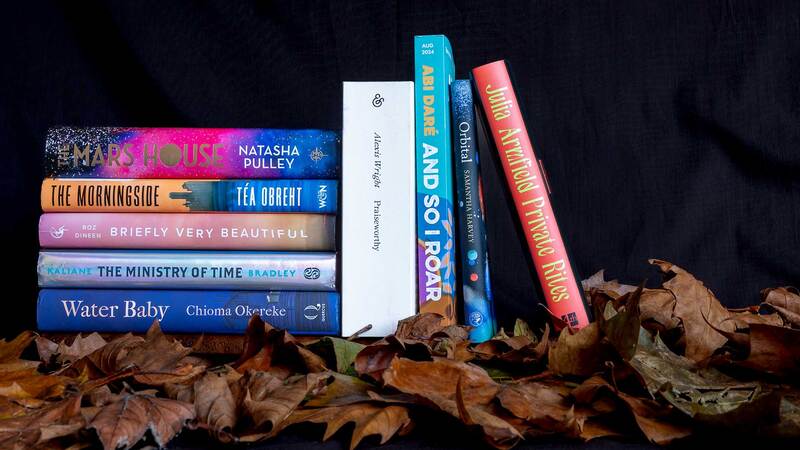You are viewing your 1 free article this month. Login to read more articles.
Fight club
This week’s focus on Scotland tells us what we already should know: publishing outside London is alive and well—and in some cases thriving. Since we have run similar spotlights on Ireland and Wales, we know the same is true elsewhere. The connection? Indies are in the vanguard.
The Bookseller ran its first “regional” focus back in May 2017, prompted partly by a sense that the magazine wasn’t covering these publishers well (if at all); but also that there had been a shift in the landscape, and small presses were no longer content to “stay in the margins”, but wanted to operate, alongside the corporates, in the general market. This week’s launch of Amanda Ridout’s new venture, Boldwood Books, is another good example: albeit London-based, its intention is to publish globally from the start, scaling up as is necessary. The decision not to offer advances, but extend to authors a profit share is not out of step with how other small presses operate, growing incrementally rather than taking the big bets.
Scottish micros Knight Errant, Monstrous Regiment, and Little Door are similarly dextrous—“we just learn to adapt and overcome”, says Knight’s Nathaniel Kunitsky. This can-do attitude was evident at the Inpress Festival of Publishing event last week, where the strapline was that independents were the new mainstream. That organisation, which represents 55 UK-based indie presses, said that 70% of its members saw their sales increase in 2018.
So, boom time for all? Maybe. The truth is that for many of these publishers the mainstream is still a stretch: we rarely see their books in the bestseller charts—even the Scottish chart features just one native press—and some bristle at the discounts demanded by the chains that could project them onto such lists. Some see themselves as starter-homes for new writers, or shelters for writers left behind by bigger houses, or more simply as an alternative to the corporates. Others are passion projects, or engaged in publishing that otherwise would not happen. Many are—quietly, and in terms probably alien to bigger publishers—very successful at what they do.
Yet many small presses are not viable without the backing of Arts Council England, Creative Scotland or, increasingly, crowdfunding schemes such as Patreon and Kickstarter. London-based Jacaranda Books this week said it had received £25,000 in funds “unexpectedly” to support its aims. New children’s publisher Knights Of recently crowdfunded a bookshop. At the Inpress day, when I mentioned there was a new award for small presses at the Nibbies for companies with a turnover of up to £1m, there was a hollow laugh. The landscape may have flattened, but it can still be a barren environment.
But something has changed. The indies I see today are pushing harder for recognition, developing the sharp elbows they need for coverage, and demanding space at the table. And they are gaining ground. As Mark Twain almost said, it’s not their size that matters but the size of the fight that they have in them.




















